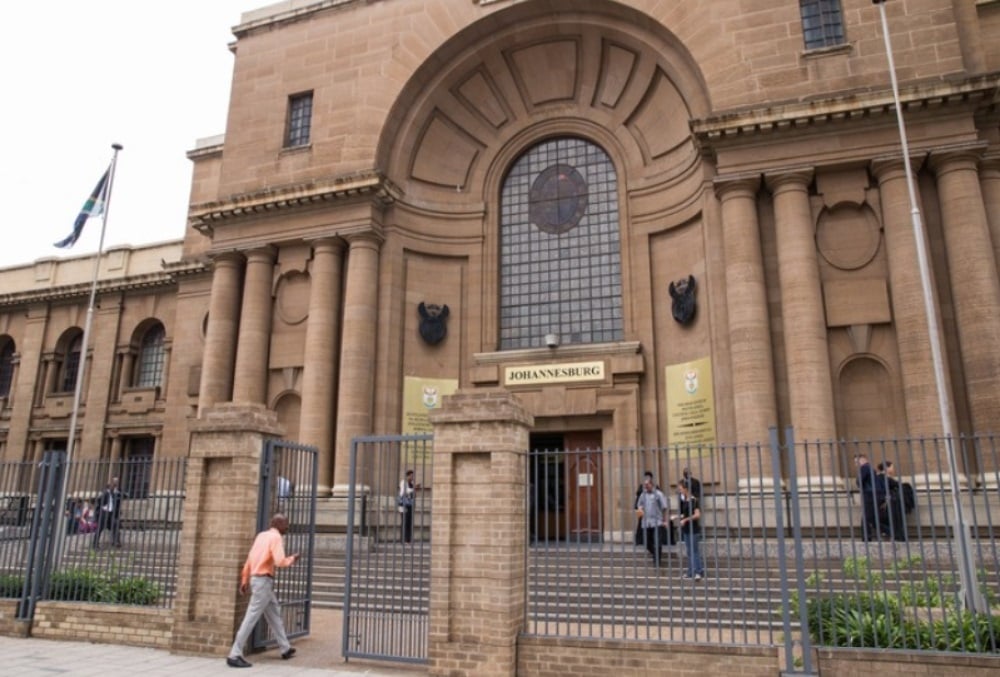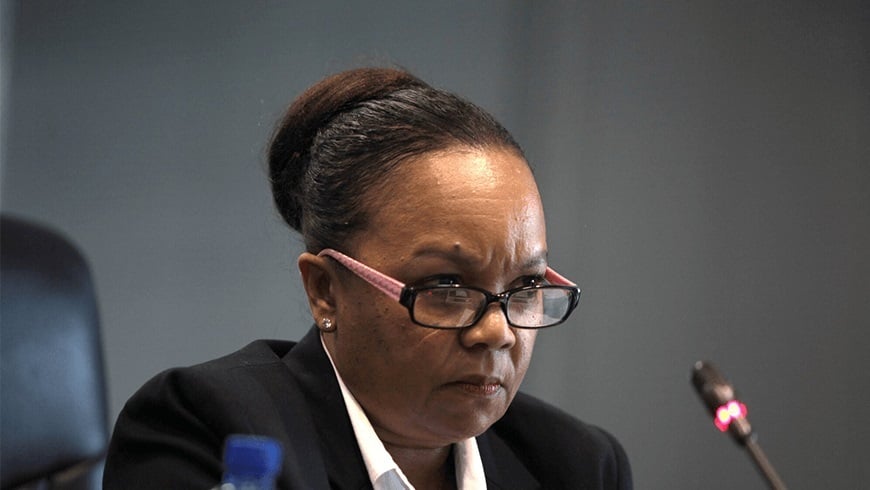
Johannesburg High Court Judge Denise Fisher has been taking a strong stance in litigation involving the Road Accident Fund (RAF), keeping a close eye on any signs of maladministration or corruption.
But now, GroundUp reports, the Judicial Conduct Committee (JCC) has found that she may have overstepped and has recommended that she answer to charges of misconduct.
Read the ruling here
The two cases in point were heard by Fisher in 2021. Both involved claims against the RAF – one by Marilyn Doris Taylor and the other by Hlengani Victor Mathonsi, both represented by personal injury attorneys De Broglio Incorporated.
In the Taylor matter, her attorneys and the RAF lawyers submitted that the RAF had settled for R1.3 million and asked Fisher to remove the matter from the court roll.
In the Mathonsi matter, the lawyers asked Fisher to sign off on an agreed settlement in the amount of R1.75 million.
Fisher refused both requests. Eventually, she commented that the RAF was bankrupt and made findings of impropriety against those involved in the two matters, including the attorneys, medical experts and an actuary.
She referred all of them to their respective professional bodies and ruled that a copy of her judgment be delivered to the RAF, the transport minister and the National Director of Public Prosecutions.
READ | Disbarred attorney on trial for millions in RAF money allegedly stolen from widow, disabled client
Those involved in the two matters appealed. In 2023, the Supreme Court of Appeal found in their favour, setting aside Fisher’s orders.
In a unanimous judgment, Judge Christiaan van der Merwe, writing for the court, said Fisher’s “industry” could not be faulted.
“But it regrettably has to be said that not a single finding that she made had been open for her to make. Moreover, these findings were made without any admissible evidence. The findings in respect of the viability of the RAF were mainly based on an affidavit of the acting chief executive officer of the RAF in another matter and the 2019 annual report of the RAF.
“The findings, in respect of the settlement agreements and the conduct of the affected persons, were based on the unspecified knowledge of the judge of the facts and circumstances of other matters and the pleadings and expert reports in court files. It is trite that none of this constituted evidence before the court.
“This injudicious overreach has to be strongly deprecated.”
Van der Merwe said where misappropriation of public funds was properly raised before a court, it must be dealt with. However, a court has no general duty or power to exercise oversight over expenditure of public funds.
He added:
To sum up, when the parties to litigation confirm that they have reached a compromise, a court has no power or jurisdiction to embark upon an enquiry as to whether the compromise was justified on the merits of the matter or was validly concluded.
De Broglio lodged a complaint against Fisher with the Judicial Service Commission (JSC).
It was initially dealt with by Gauteng Judge President Dunstan Mlambo, who dismissed it on the grounds that it solely related to the merits of a judgment or order. In other words, an aggrieved litigant could not complain about a judge because they didn’t like the judgment.
But De Broglio appealed this decision saying the complaint was that Fisher had “trampled on the parties’ rights and ignored the basic principle of audi alteram partem [‘listen to the other side’, which means both sides must be heard before any order is passed]”.
The appeal was then brought before the JCC, which comprised Deputy Chief Justice Mandisa Maya and judges Chris Jafta, Halima Saldulker and Nolwazi Mabindla-Boqwana.
In their ruling, they noted that Fisher had made “adverse and damning findings” against attorneys and their medical expert witnesses, concluding that the attorneys were grossly inadequate, corrupt and dishonest.
ALSO READ | Judge ‘grossly misconducted herself’, says Mlambo
“Their expert witness, who is an actuary, was not spared. That expert was accused of intentionally using his calculations on patently false assumptions and that he produced a contrived report,” the JCC said.
“As they did not see it coming, the affected attorneys and medical witnesses were surprised by the scathing judgment and the findings made against them, together with the ensuing referrals to their various professional bodies and the NPA [National Prosecuting Authority].”
The JCC said the Supreme Court of Appeal had then set aside those referrals, finding that none of the findings of dishonesty and impropriety was properly made before Fisher.
The Code of Judicial Conduct dictates that before commenting adversely on a legal practitioner, a judge must give that person the opportunity to deal with the allegations against them and to ensure that hearings are fair.
De Broglio specifically referred to a breach of both in its complaint.
Taken at face value, these allegations may support the claim that Fisher did commit misconduct and breached the Code of Judicial Conduct , the JCC said.
“While not rising to the level of gross misconduct, it does warrant further probing,” the JCC said.
It ruled that Fisher had a case to answer and referred the De Broglio complaint to an inquiry in terms of Section 17 of the Judicial Service Commission Act, which governs misconduct that is serious but not impeachable.






Recent Comments